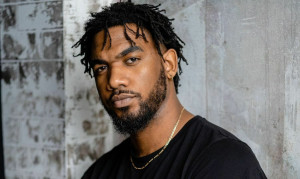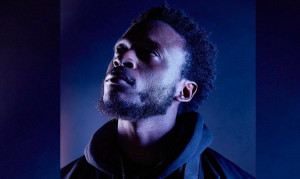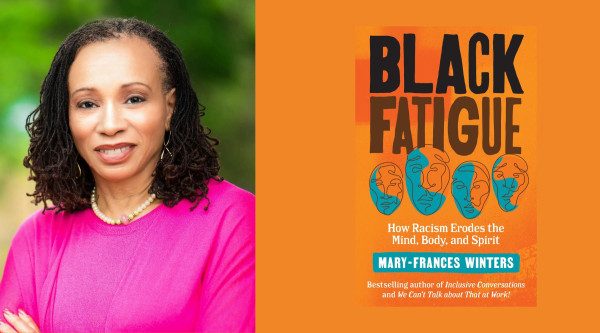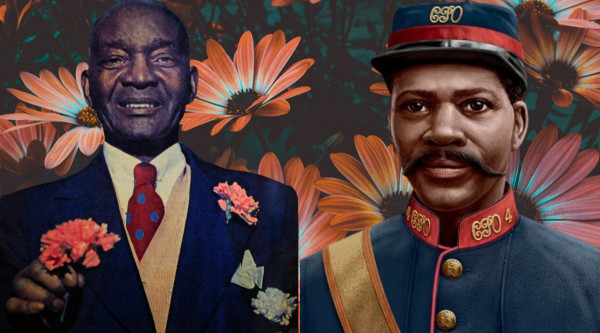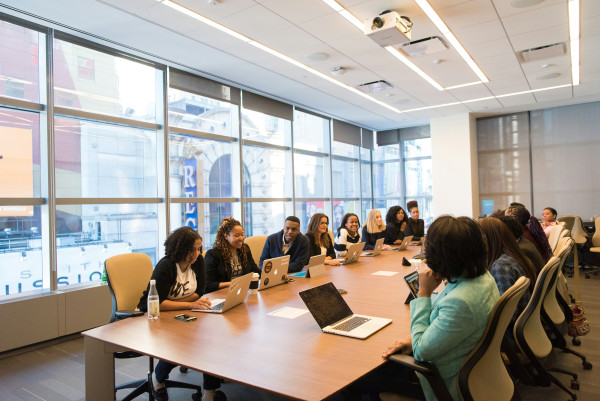“We are not okay and I can’t help but see it everywhere. It’s honestly exhausting and annoying and painful. Subtle forms of oppression are still everywhere. At school, with friends, on TV. It’s so normalized that it’s just accepted. What if we didn’t accept it anymore?” - Abel Williams from the upcoming film What If We Are Not Okay and What If I Am Not Sorry.
Tell us about your upcoming short film and the main character Abel?
In some ways, this short film is autobiographical. Abel expresses his frustrations; frustrations familiar to many. Frustrations that I do not want to accept any more. The process of writing What If We Are Not Okay and What If I Am Not Sorry was an organic one. I was at my wit’s end when I began. I was tired of how normalized racial offences had become in the world around me and writing this short film was an outlet for my frustrations. Although this short reflects frustration, it also expresses our need to be heard and understood. Abel has a lot to say, but having a voice feels counterproductive if no one truly listens and takes action.
How much of your personal story informed this short film?
Immigrating to Canada when I was 11 years old, made me aware of my ‘otherness’. Experiences that I had in elementary and high school sparked my passion to advocate for change. In grade 11, my friend Jesus Newness Chiadika and I founded the first Black Student Union at my school. This union created representation for Black students within my community. In addition to being one of the most rewarding experiences of my high school career, it was also one of the most eye-opening. Co-leading the club, as well as my involvement in regional Black student leadership, further revealed how deep-rooted and commonplace issues of racism are in schools. All the Black student leaders from across my region shared incidents of racism that they encountered in high school on a regular basis. Stories of unequal treatment from teachers, to racial slurs and microaggressions from students, were aspects of high school that we could all relate to. Unfortunately, the other part of our shared experience was a fear of speaking up. There was an expectation for us to hide our pain. Through my film, I amplify the voices of my POC peers as well as myself and speak up.
What motivated you to make a short film about how racism is affecting young people?
I see and feel racism negatively impacting not just me but family members, friends and other POC youth on a regular basis. Systems need to do a better job at recognizing and addressing racism in a manner that accelerates the development of a more inclusive and healthy society. Film is a very powerful platform to help generate empathy, understanding and change. Canadian cinema lacks stories that tell the coming of age experiences of Black youth. I wrote this script to bring something fresh to Canadian cinema and bring a small part of this experience to light. The story journeys through the lives of two sibling high school students, who have separate experiences surrounding their racial identity over the course of a day.
What kind of impact are you hoping to make with this short film?
With my first short film, I hope to ignite conversations about microaggressions, mental health and race relations in teenage-hood. My intention is for it to act as a bridge between the Black community and those outside of it. I want more people to understand why we may not be okay, why we should not be pressured to apologize for our feelings and why the “caged bird still sings”. Although I have endured blatant and public acts of racism, this story is about its more subtle and prevalent manifestation. This manifestation nonetheless, continues to perpetuate pain and feelings of inferiority in POC youth.
As an actor, I want to portray characters who show sides of society that are not seen or if seen, often misunderstood. I am moved by and dream about being a part of the transparent, gritty, and raw pieces of work that open eyes. As a writer, I strive to reflect these very same qualities in my work. Ultimately, I want the conversations and emotions around this short film to lead to change.
How have you been able to work on getting the short film made?
Through my work with the Canadian Film Centre and volunteerism with BIPOC TV & Film, I had the opportunity to meet Director/Producer, Shonna Foster (Residue, I Lost My Mind). Over the past year and a half, Shonna has provided me with guidance and mentorship, sharing with me some of what she has learned in the film industry, and providing opportunities for me to learn and grow as an artist. When I wrote the first draft of this script and sent it to her, she was immediately open to working with me on this short film. Having Shonna come on board to direct and guide me through this process has given me the courage to move forward with this project. I am currently in my final year of high school and excited about the prospect of growing as an actor and writer. One of my main focuses this year has been my participation in the Toronto International Film Festival Next Wave Committee, programming and working with amazing young creatives who have a passion for film. Witnessing how TIFF supports emerging talent and filmmakers, as well as, having their support in my creative endeavors, means the world to me.
What challenges are you facing now?
As I am sure many young filmmakers can relate to, the challenge with making a film is, “How do I get the money to do this?” Working together with my family to secure funding has been challenging and exciting. I’ve learned about several grants available in Canada to emerging creatives like myself. However, because I am under 18 years old, I am ineligible for the majority of these grants. Currently, we are exploring and speaking to other funding options outside of the granting system to help finance this project.
If someone wanted to help get your short film made, how could they do that?
People can help by making a small donation. I believe What If We Are Not Okay and What If I Am Not Sorry is a timely and necessary piece to create and share with Canada and the world. We are looking to undergo production in the late summer or early fall. We believe this project can get made for a small budget to cover the cost of our crew, locations, craft and post-production. I hope that the community will be able to help financially support my endeavors to create this short film. To learn more about making a donation or how you can support the project, please contact This email address is being protected from spambots. You need JavaScript enabled to view it.
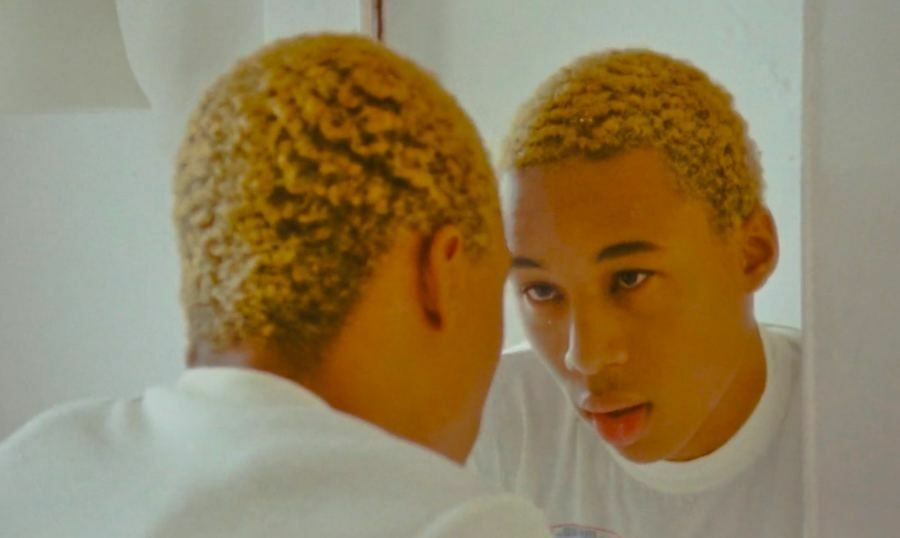
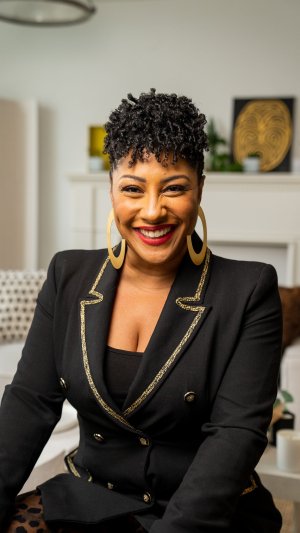 By
By 




